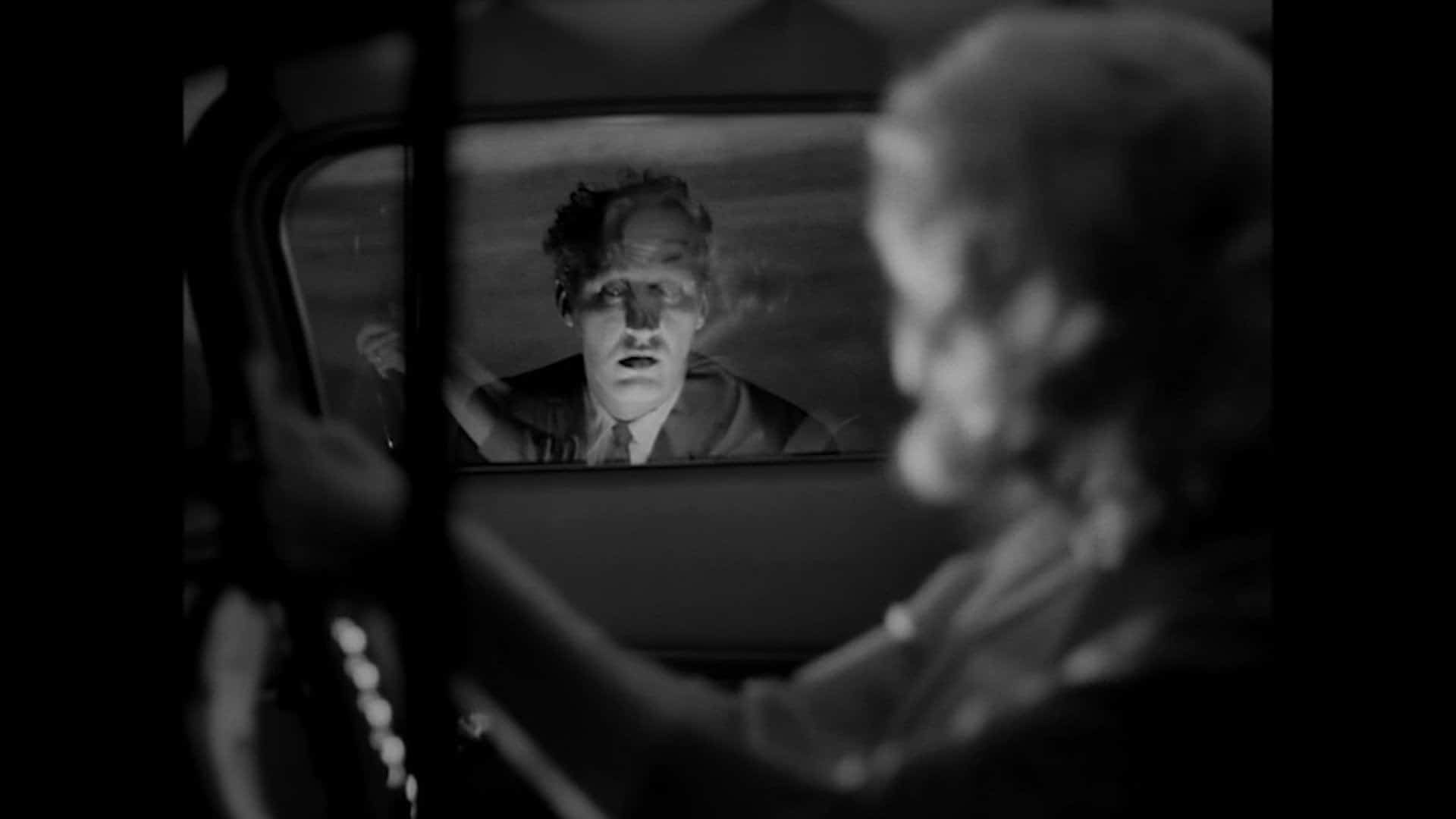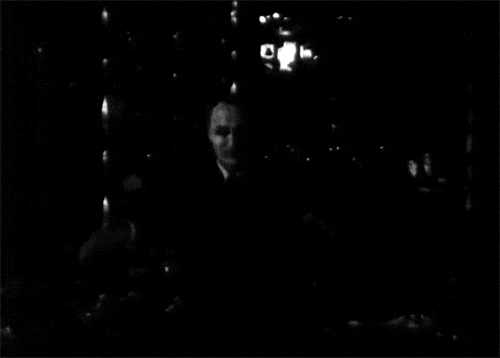Create a free profile to get unlimited access to exclusive videos, sweepstakes, and more!
Why Carnival of Souls is the greatest one-hit wonder in horror

The horror genre is chock full of low-budget movies made by savvy creatives who know how to use their budgetary limitations to their advantage. Think of Sam Raimi's The Evil Dead, the works of Val Lewton, the entire era of video nasties, and the ingenuity of the Soska Sisters. Hell, Roger Corman's entire career is built on the idea that getting it done fast, cheap, and on schedule is the perfect recipe for horror success. Horror lends itself well to those filmmakers who want to bend the rules but not break the bank, and there may be no better example of that than the one movie directed by Herk Harvey, 1962's Carnival of Souls.
Carnival of Souls follows Mary Henry (played by Candace Hilligoss), a church organist who survives a car crash that kills two of her friends. She decides to make a fresh start by taking a job in Salt Lake City, but on the drive there, she is haunted by visions of a pasty-faced ghost-like man and is drawn to an abandoned pavilion just outside of town. Her new life is constantly disturbed by these visions and the unshakable sensation that something deeply wrong is happening to her, and The Man with the white face always seems to be there.
Harvey, the film's director, mostly made industrial and educational films in his native Kansas. He got the idea for Carnival of Souls after driving past the abandoned Saltair Pavilion in Salt Lake City, Utah, and he helped to write the screenplay in three weeks, the same length of time given for shooting. Many scenes were shot guerilla-style, with Harvey giving money to passing locals to get them out of the way long enough to film. When the film was released, most critics and audiences didn't pay attention to it, and it wasn't until many years later it gained its cult reputation. Directors like David Lynch and Lucrecia Martel have cited it as an influence (Twin Peaks is all over this movie, as is Lost Highway, which features its own chalk-faced stalker) and it's now included in the Criterion Collection. It's all the more astounding an achievement given that Herk Harvey never directed another feature film after Carnival of Souls (although, as he was always quick to note, he made literally hundreds of other films as part of his job before and after his horror one-hit-wonder.)
Carnival of Souls is very much a case of "less is more." The film's co-writer John Clifford wrote for Criterion about how the movie was essentially put together by him and Harvey looking at what they could do with the paltry budget they had and making a story from it:
"I didn't so much invent the story and write it as I did write the story and then see what I had invented. From the writer's angle, I was freed by the fact that I had no need to worry about Hollywood formats. I didn't have to conform in any way. I knew who the producer and director would be, and that he would be open to whatever I proposed."
There's nothing in this movie that couldn't be recreated by you, dear reader, right now if you have a camera-phone and some Halloween make-up, and yet the immutable dread of the story remains. Scenes where Mary tries to go about her daily routine in Salt Lake City, browsing seemingly endless racks of black clothing and bumping into unnerving strangers in the park, evoke the same level of fear as the carnival itself. Something as simple as the silhouette of an abandoned pavilion or the immense organ pipes that loom over Mary as she performs suddenly feel so very wrong. Even the peaceful drones of the organ become a calling to something far more sinister (the movie's organ score feels particularly timeless in its ability to get your heart racing).
Harvey keenly understood the terror of the chase, or to be more precise, the paranoia of feeling as though you'll never stop being chased. Mary's story is rooted in old folklore tales of people who escape death but are never free of its clutches. Everything, even the most mundane and familiar aspects of your life, can feel like a prison when you're smothered by such existential panic. Mary never talks about her near-death experience, nor does she acknowledge the undeniable trauma she is dealing with, but it's evident through her increasing inability to deal with the world around her.
Mary is also denied support and empathy from every other character in Carnival of Souls, but mostly the men. Her new boss quickly fires her, deeming her sacrilegious even as she's evidently dealing with some struggles in her life. The sexist creep who lives next door harasses her until she agrees to go on a date with him then drops her the moment she really needs someone to help her. A local "doctor" offers to help but seems more interested in what he can gain from her plight, even though he admits to Mary that he's not a psychiatrist. The disinterest of the town in Mary's demons becomes literal when she suddenly becomes invisible to them. She desperately needs someone to see her, to listen to her, but they can't, or maybe they simply won't.
Mary is a woman caught in purgatory. Whether that is literal, mental, or spiritual is up for debate. One of the most fascinating aspects of Mary's character is how, despite being a church organist who has made her business in faith, she has no allegiance or belief in religion itself. It's a provocative stance for a movie made in the early 1960s to take, especially one set in Utah, a state heavily defined by its commitment to religion. Yet, as Mary spirals deeper into uncertainty, she is petrified to be alone, which leaves her clinging to the sh*tty men in her life for solace, even as they reject her. Eventually, she cannot ignore her thrall to the carnival and its white-faced ghouls who dance with her. However, the solace they offer is brief, and ultimately there are no answers or saviors for Mary. She cannot outrun the inevitable, and the death she can't escape is devoid of allure: it's cold and dark and truly terrifying.
Herk Harvey may never have made another feature movie, but when you've made one as wonderful as Carnival of Souls, who cares? It's a horror movie for the ages, a surprisingly timeless title whose minimalist style offers scares that will stain your mind. Fortunately, the movie is in the public domain, so you can watch it now and experience the genre's greatest one-hit-wonder movie for yourself. Don't run. I promise you it's worth it.



























